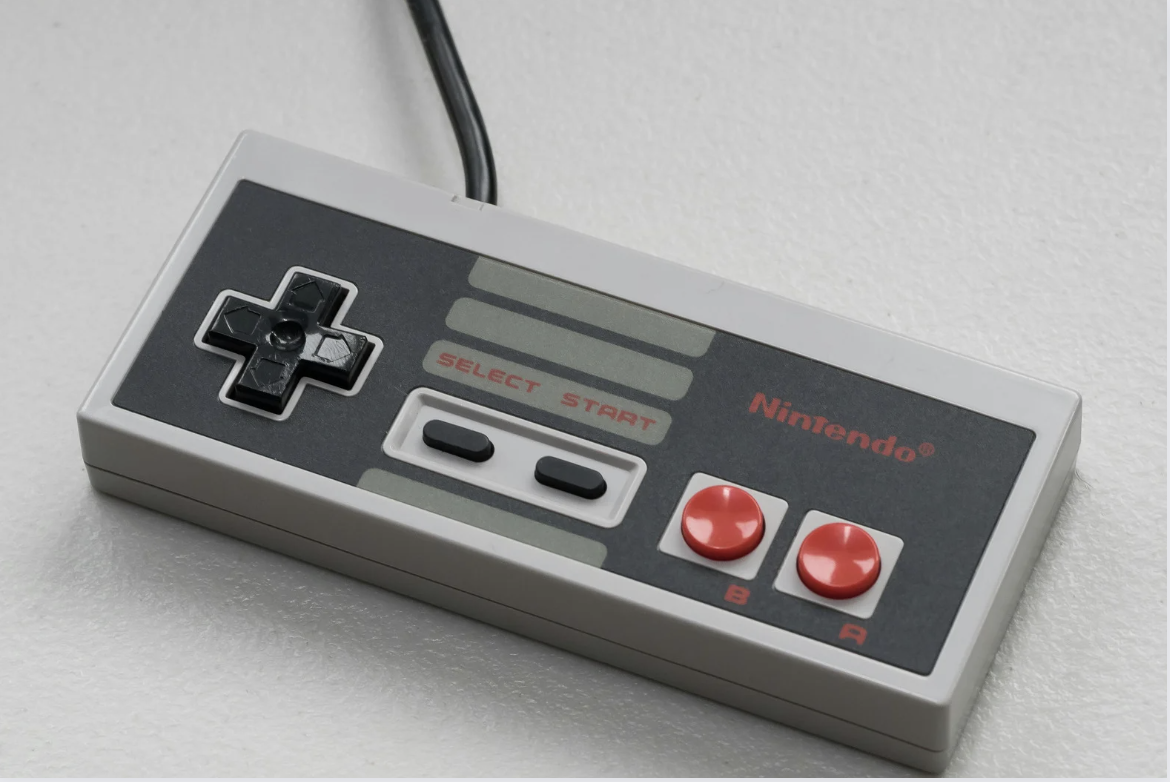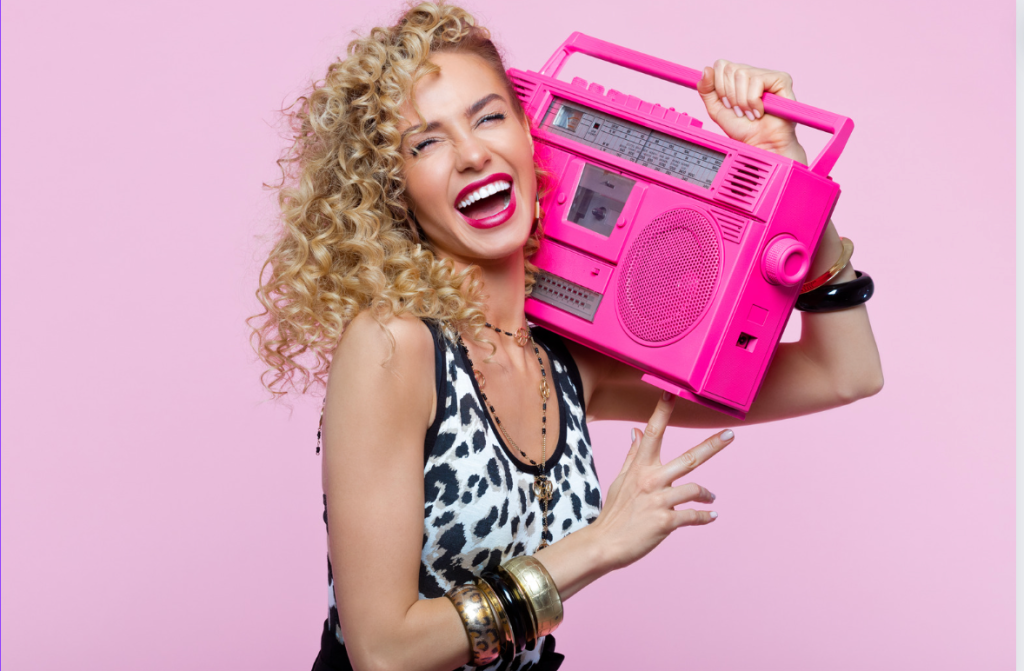Judging by Gen Z’s Y2K-inspired fashion trends, you’d think the 2000s were nothing but people walking around the mall in pleated miniskirts and bucket hats. We can mostly chalk this up to the depiction of the era in movies like “Clueless” and “13 Going on 30.” Anyone born before the 90s can tell you that life was definitely not like that. But hey, sometimes fantasy is more fun.
Same goes for other time periods as well. For those of us without a degree in history, much of how we picture other eras is influenced by pop culture. Like how we think of Victorian women being obsessed with waist cinching thanks to almost every Hollywood movie showing a woman getting bound by an excruciating tight corset. Yep, that was previously debunked.
And sure, some movies and TV series, like “Mad Men” or “Schindler’s List,” make painstaking efforts to achieve historical accuracy. But often, they are works of fiction, and creative liberties are taken. And those liberties create the world for those who did not live in it.
That can even be said of the 80s, rife with Cold War threats and colorful leggings. Or…was it?
Recently, user Jerswar asked Reddit: “People who were adults in the 1980s: What does pop culture tend to leave out?”
Here are the raddest, gnarliest, most tubular response people gave.
1.”The insane amounts of smoking inside. Especially in restaurants.”
“When I worked in a restaurant, the smokers (backroom dishwashers/cooks) got more chances to sit around and take breaks to smoke. Then, when I got an office job, people had ashtrays at their desks. Often, the ashtrays were hand-made by a young relative in an elementary school class.”
2.” Anything we wore that wasn’t neon. Pop culture acts like the ’80s were just a sea of nothing but neon for 10 years.”
“And as if every girl and woman was dressed up in tulle tutus with off-the-shoulder lace shirts and a giant bow tied atop our heads.Not all of us were lucky enough to have our parents buy us new outfits like that. My wardrobe was full of old hand-me-downs. No neon, lace or tulle in the bunch.”
“I graduated high school in 1984, and never dressed like Madonna or wore neon anything. We were poor, so it was crappy jeans that never got soft and T-shirts until I got a job. Even after that, I wore cords and overalls and sweaters from Chess King.”
3. “How much decor from the ’70s and ’60s were still in houses and offices throughout the decade.”
“This is something that I thought ‘Stranger Things’ REALLY got right. All the kids’ houses look like they were built and decorated in the 1960s–’70s, which is how it really was. Nobody was living in fancy candy-colored Memphis-style apartments except California yuppies.”
4. “I was born in the early ’80s. I’ve been totally blind since birth. In the ’80s, accessibility was virtually non-existent.That new Nintendo that the kids had? Good luck. Scholastic Book Club? Not in braille or audio. Everything is in print. Nothing to see here for me or mine. Then computers finally got accessible and Windows came out and they had to start all over again. I wouldn’t want to go back to the ’80s. I now have my phone that I can use to access the world, read what is on my grocery labels, have pictures described to me, and basically know what’s going on in the world. In the ’80s, so much went by without any context, and that was in the formative years of my childhood.”

5. “Reading everything — literally everything — I could get my hands on. Cereal boxes, newspapers, magazines. Luckily, my library was a bike ride away but carrying those back on my bike was fun.”
“OMG, you are so right. That reminds me of things I hadn’t thought about in ages.I used to feel so very bored that I’d read anything that had text on it, from cans of food to cereal boxes to whatever books (however insipid) I could lay my hands on. Even the obituary notices in the newspaper were worth a read. The internet really did away with the boredom, didn’t it?!”
Speaking of reading…
6. “Trying to find something to read in the bathroom to pass the time. I remember shampoo bottles and the contents of my wallet were my go-to’s when a magazine or book was unavailable.” “Yes! Shampoo bottles for desperate moments of boredom.”
7. “Might be my own bias but being a kid in the ’80s there was a lot of casual bullying and conformism. Not that bullying and conformism ever went away, but the ’90s was more about counter-culture a bit.”
8. “I was a child in the ’80s, but something that I don’t think I’ve ever seen in modern pop culture retellings of ’80s life, which I recall witnessing, is this: people think of the weird, wacky, fun colors and hair, etc., of the 1980s — like Madonna, Cyndi Lauper, Boy George styles. BUT for many people and mainstream communities, that was considered a ‘weird’ or ‘rock and roll character’ kind of presentation. People would often openly stare, laugh at, or disparage people who looked openly unique. It took a lot of courage to go out styled like that. It was acceptable to have a more ‘subtle’ take on the fun color trends.”
“I believe the best real-time representation/evidence of this is in Cyndi Lauper’s ‘Time After Time’ music video, there’s a scene where she sits down in a diner with her boyfriend and his friends. She pulls off her cap to reveal her new hairstyle – half-shaved and dyed bright colors. Her boyfriend’s friends start hysterically laughing, the boyfriend is quietly embarrassed, and she runs out of the diner in tears.”
9. “TV was just adult shows for most of the week, especially during summer break. Just soap operas and other boring things.” “Staying home sick from school and all there was to watch were game shows and soap operas until the Gilligan’s Island reruns came on.”
10. “The sheer sense of doom and pervasive low-key terror of nuclear war. The Soviets’ nuclear arsenal pointing at us, and their nihilistic posturing in some ways remind me of the climate change dread we now have. Living with an existential threat is not something new.”
“This is so completely underestimated or misunderstood. All through high school, I was convinced that the world would just end one day, and I’d have to figure out how to survive in a post-apocalyptic world afterwards. Yeah, we thought that people would survive an all-out nuclear war.”
11. “The homophobia.”
“It was casual, rampant, and virtually unquestioned. If you were gay or lesbian, and not living in a major city like New York or San Francisco, you were probably in the closet, at least to everyone but some close friends and (maybe) family. If you were trans, forget about it. Enjoy your life of dysphoria and misery. You don’t really see that depicted so much in pop culture now.”
“AIDS and ’80s homophobia went hand in hand, and it’s hard to overstate how much AIDS destroyed the gay community and how the dominant culture thought that was a good thing.”
12. “Being a latchkey kid it was no frequent communication with your parents. I can’t tell you how many times I stayed out all night as an 18-year-old and no one but who I was with knew where I was or what I was doing. My parents didn’t know what I was doing all day as a 12–17-year-old, either! You only called your parents at work only if it was an emergency.”
“Yes. It’s almost like a ‘parents didn’t care’ attitude that would be ascribed to that behavior now (but that wasn’t right). Ma needed to work and that she didn’t get home until 7 p.m. was just a reality. Oftentimes, she was gone when I got up and we had zero communication until she got home. I was just responsible for the whole shpiel of keeping myself alive.”
13.The obsession people/media had about the ’50s and ’60s.”
“Part of it was stuff like ‘Back to the Future,’ ’50s-themed diners and baseball jackets being popular, then there was the 20th anniversary of things, like various Beatles albums. I think the boomers at that point were in positions of influence and were looking back on their teens and twenties with rose-tinted glasses, so the rest of us had to suffer these cultural echoes from the generation before.”
14.”Cruising. Before social media, we would drive up and down the street, see and be seen. Stop at different businesses, the cool kids hung out at the Walgreens parking lot, the jocks at the McDonald’s. But it was a small town so we would stop at all of them during the evening. That was our social world along with keggers in the desert all through high school and for folks that stayed in town for years after high school.
“It was like a social network but with your car.”
And lastly…
15. “What a mess it was to get cleaned up!”
“That sparkle-blue eye shadow didn’t come off easily and if it got in your eyes it was torture! That red lip gloss ran all over. And shampooing your hair three times to get out all the hairspray and the mousse. I loved the ’80s and I had a marvelous time. But it was messy… but way worth it!”
This article originally appeared in April.








































